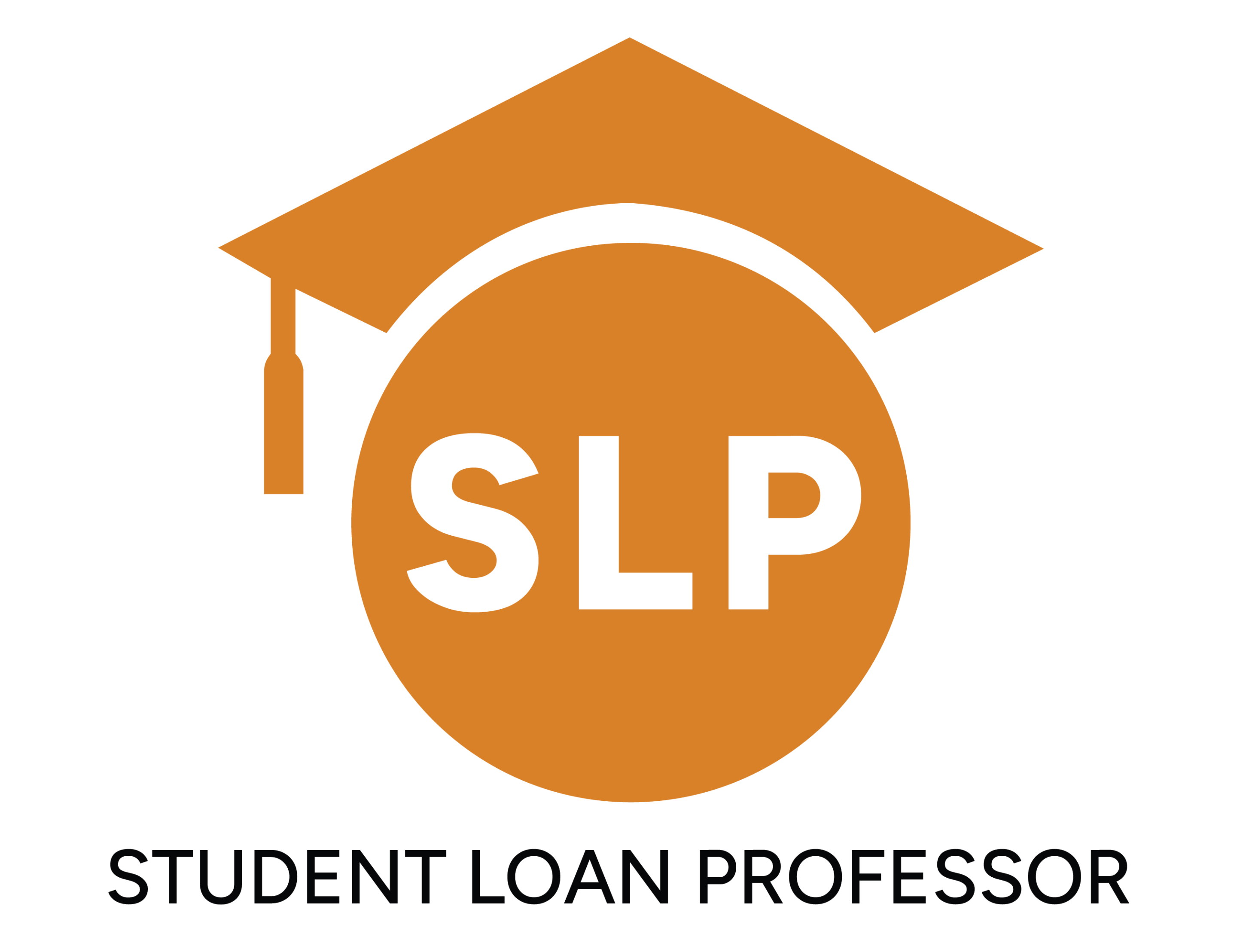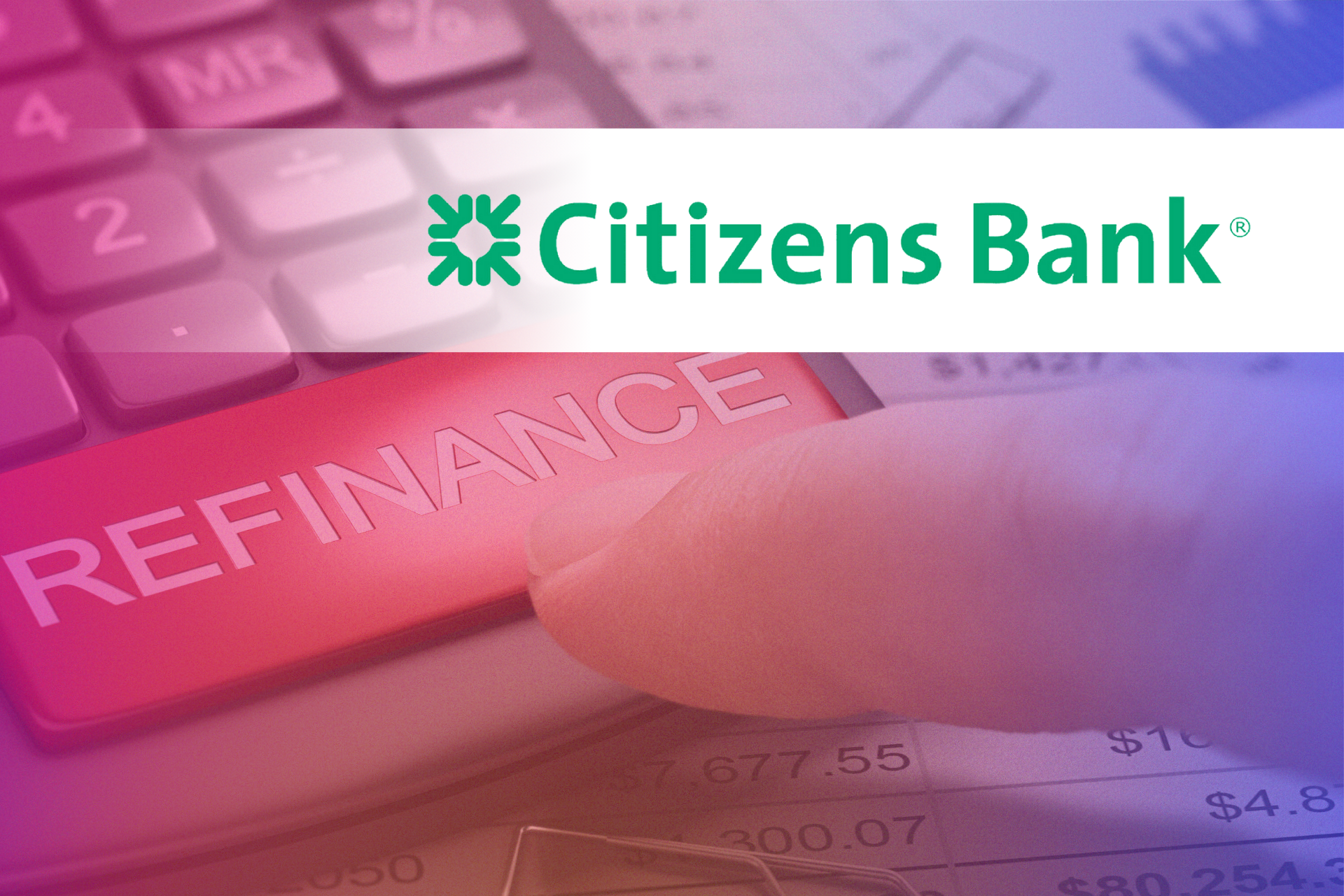Key Takeaways
- Citizens Bank refinances federal and private loans.
- The minimum loan balance you can refinance with this private lender is $10,000.
- Eligibility requirements include a decent credit report, U.S. citizenship or permanent residency, a Bachelor’s Degree, and a monthly income of at least $24,000.
- You can opt for loans with fixed or variable rates and a five, seven, 10, 15, or 20-year repayment term.
Since late 2014, Citizens Bank has helped American graduates refinance their student loans. Refinancing with this institution can mean lower monthly payments and consolidation of federal and private student aid into one loan.
If you’re wondering how Citizens Bank student loan refinance works, this article explains the process. We reveal eligibility requirements, features, and more.
About Citizens Bank
Citizens Bank, a subsidiary of Citizens Financial Group, operates in 15 U.S. states, including Connecticut, Maryland, Massachusetts, Rhode Island, Pennsylvania, Vermont, Virginia, Ohio, New York, Delaware, Michigan, Florida, New Hampshire, New Jersey, and Washington, D.C.
A publicly-owned company since 2014, Citizens Bank offers traditional banking and loan services, including private student loans and student loan refinancing.
Citizens Bank Student Loan Refinancing Explained
Citizens Bank refinances student loan debt via three services:
- Citizens Education Refinance Loan – The bank’s default service for refinancing student loan payments. You can consolidate federal Stafford loans, private loans, or both.
- Parent Student Loan Refinance – A student loan refinancing option for parents who’ve taken loans on behalf of their children.
- Citizens Medical Residency Loan – Refinancing that solely caters to medical school students (specifically individuals who are currently medical residents or fellows).
You can refinance almost all private and federal student loans with Citizens Bank (private student loans also include the ones previously provided by the bank). The bank even allows refinancing of consolidated loans. Only non-collegiate loans (college prep, primary school, etc.) are ineligible for refinancing.
It’s worth noting that Citizens Bank maintains a list of the country’s most well-known loan servicers. If yours isn’t on that list, Citizens Bank will review whether it can refinance loans obtained from that servicer. Also, consider reaching out to one of our experts for refinancing advice.
Eligibility/Application Requirements
You must meet the following criteria when applying to refinance your student loans at Citizens Bank:
- Your student loan debt balance must amount to $10,000 minimum
- You must be a U.S. citizen, permanent resident, or resident alien and have a valid Social Security number
- You need to have at least a Bachelor’s Degree
Citizens Bank also has additional eligibility requirements for specific applicants:
- Applicants who plan to refinance their medical student loans must have graduated and “be matched to an MD, DO, DDS, DMD, DPM, DVM, VMD, PharmD, OD residency or fellowship program at the time of application.”
- Unlike other refinancing companies, individuals applying to refinance parent loans must be the primary borrower or the co-signer.
Resident aliens must apply with a co-signer who is a US citizen or permanent resident. All applicants must reside in the US, and their loans must originate “from a domestic or foreign school being serviced by accredited/licensed U.S. based servicers or servicers in U.S. territories.”
Citizens Bank also expects you to provide the following documents and information with your refinancing application:
- Your Social Security number (Alien ID number for permanent residents)
- Your gross monthly income (subject to verification)
- Your employer’s contact information and the length of your tenure with them
- Your monthly rent and mortgage payments (if applicable)
- Information about your existing student loans (i.e., current servicers, loan balance amounts, interest rates, etc.)
These requirements apply whether or not you have a co-signer.
It’s worth mentioning that Citizens Bank uses your credit history and annual income to assess your ability to repay loans. The bank wants to see a “reasonably strong credit history and annual income of at least $24,000” before deciding. If you don’t meet either criteria, a co-signer can help you get around the requirement.
Proving Eligibility
Borrowers (whether direct or through a co-signer) must prove they’re U.S. citizens or permanent residents during the application process. The required documents evidencing either status include the following:
- US Citizens: A copy of the individual’s passport, birth certificate, or Social Security card.
- Permanent Residents: a Resident Alien card, a passport with the “Temporary 551” stamp, or U.S. Citizenship and Immigration Services Form 551 (current). The Form I-90 (Application to Replace Alien Registration Card) will also suffice.
Additionally, Citizens Bank will need you to provide one of the following when verifying your income:
- Paychecks: Two of your most recent pay stubs you received within 60 days of your application submission.
- Self-Employment/Family Employment Income: Self-employed individuals or applicants employed by family can provide two of their most recent tax returns or IRS form 4506-T.
- Social Security Benefits, Disability, Retirement/Pension, Non-Taxable Interest Income: If you earn income through any of the above means, you’ll need to provide account statements, policy agreements, an award letter, a recent Federal tax return or 1099-R, or IRS Form 4506-T.
- Investment Income: Provide proof of ownership of the investment asset, a recent tax return, account statements showing a full year’s income history, or IRS Form 4506-T.
- Expected Income: You can apply for refinancing using the income you expect to make from a new job, as long as you begin working before your first repayment falls due. Provide an executed offer letter or employment contract (with your new salary) to prove your eligibility.
- Child Support, Alimony, or Separate Maintenance: You can include a copy of an executed divorce decree (complete with a schedule of payments) or an agreement in writing outlining the payment terms.
You can email any of these documents to Citizens Bank as long as they aren’t in .jpg format. That said, Citizens Bank recommends uploading documents through its secure platform.
If you don’t have these documents or your income type isn’t listed, contact Citizens Bank. They’re willing to assist with your income verification.
Application Process
Here’s how the application process goes when refinancing student loans at Citizens Bank:
- Apply: To start the refinancing process with Citizens Bank, begin by filling out an application form. You’ll need to provide details like your identifying information and data related to your existing loans. You can also state whether you’re applying with a co-signer.
- Evaluation: Citizens Bank will use the information you’ve provided to determine whether you’re eligible for a new loan. The bank may base its decision on factors like your credit history and gross income.
- Approval: If the bank approves your application, it’ll give you multiple options for your new private loan. You can choose between fixed and variable rates and short, medium, or long repayment terms and monthly payment amounts. You or your co-signer must sign your application and promissory note to confirm your choice.
- Final Disclosure: Citizens Bank will send you a Final Disclosure after you choose your loan. It’ll confirm the loan terms and give you a Right to Cancel (which will last for three business days). Citizens Bank will pay off your student loans if you don’t cancel.
Applicants must begin repaying their Citizens student loans after completing the steps outlined above. Typically, repayment begins between 21 and 50 days after the refinancing process is complete. The bank will inform you in advance when your first payment falls due.
Citizens Bank Student Loan Refinance Alternatives
Here are other lenders with refinancing rates and options similar to Citizens Bank.
| Lender | Minimum Credit Score | Cosigner Release | APR | Loan Amount | Loan Term |
| Credible | Varies by the lender; generally 600+ | Yes, it’s available with some lenders | Competitive fixed and variable rates | Minimum $5,000 | 5-20 years |
| Earnest | 650+ | No | Competitive fixed and variable rates | $5,000 – $500,000 | 5-20 years |
| Laurel Road | 660+ | No | Competitive fixed and variable rates | $5,000+ | 5-20 years |
| Splash | Varies by lender; typically 600+ | Yes, with some lenders | Competitive fixed and variable rates | $5,000+ | 5-20 years |
Features
Typical components of a refinanced Citizens Bank loan include:
Interest Rates and Repayment Terms
Your loan will either have a fixed or variable final interest rate. Fixed rates range between 5.89% and- 10.97% APR while variable ones are between 6.53% – 12.42%. The best choice for you depends on your preference for stability. If you don’t mind fluctuating monthly payments, choose a variable rate. Otherwise, stick to a fixed rate.
Similarly, Citizens Bank lets you choose between multiple five-year, seven-year, 10-year, 15-year, and 20-year loan repayment terms. The longer the repayment length, the higher the interest rate. See the bank’s examples for a clearer idea.
Low Monthly Payments (Medical Refinancing)
Doctors and dentists can make monthly payments as low as $100 after refinancing their student loans. This perk lasts throughout their residencies or fellowships.
Discounts
You get a 0.50% discount when you set up automatic payments. It’s worth pursuing because the Citizens Bank’s Loyalty and Automatic Payment Discount lets you lower your interest rate even further. You’ll need a Citizens Bank account to take advantage of this offer.
Refinance Your Student Loans With Confidence
Need advice on whether to refinance with Citizens Bank? Student Loan Professor has in-house experts who can offer guidance on the subject. Consult an expert and take your first step toward a brighter financial future.
Brandon Barfield is the President and Co-Founder of Student Loan Professor, and is nationally known as student loan expert for graduate health professions. Since 2011, Brandon has given hundreds of loan repayment presentations for schools, hospitals, and medical conferences across the country. With his diverse background in financial aid, financial planning and student loan advisory, Brandon has a broad understanding of the intricacies surrounding student loans, loan repayment strategies, and how they should be considered when graduates make other financial decisions.



![Our Honest Thoughts On Aidvantage Student Loans [For 2025]](https://www.studentloanprofessor.com/wp-content/uploads/2024/10/SLP_fallback_2-no-logo-400x250.jpg)

